Google working on smart contact lens for diabetics
Contact lens designed to measure glucose levels using teardrops.
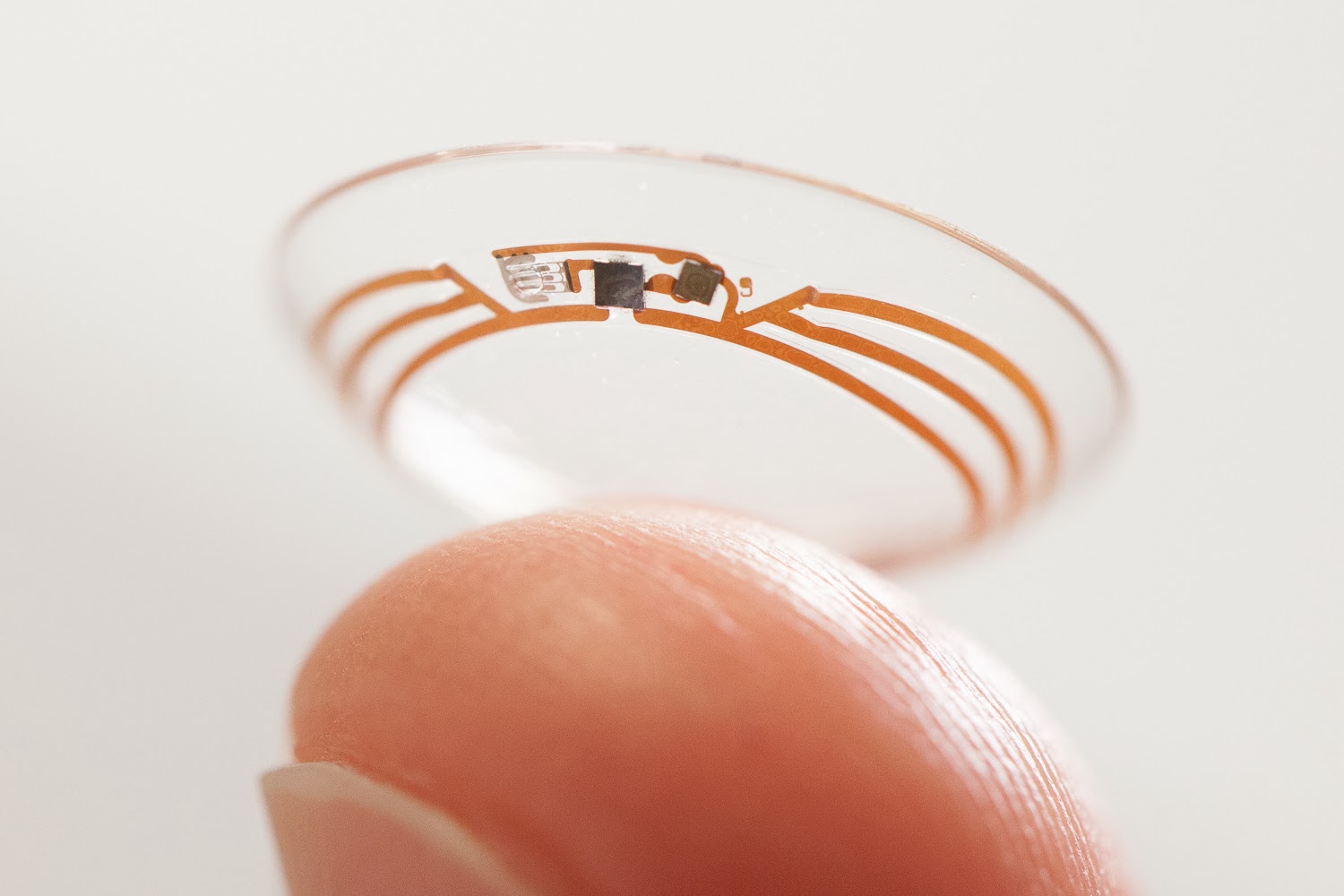
Google is developing a "smart" contact lens that can measure the glucose levels of diabetic patients using their teardrops.
The firm is testing the lenses, which contain a miniaturised glucose sensor and an antenna thinner than a human hair.
We're testing prototypes that can generate a reading once per second.
The plan is to eradicate the need for diabetic patients to prick their finger and test their blood - a process which is fiddly and puts many off checking their glucose levels regularly.
"We're also investigating the potential for this to serve as an early warning for the wearer, so we're exploring integrating tiny LED lights that could light up to indicate that glucose levels have crossed above or below certain thresholds," project co-founders Brian Otis and Babak Parviz, noted on the Google blog.
"We're in discussions with the FDA, but there's still a lot more work to do to turn this technology into a system that people can use. We're not going to do this alone: we plan to look for partners who are experts in bringing products like this to market."
The smart contact lens will be able to sync with apps that will let the patient and their doctor monitor glucose levels.
There's no time frame on the project, but Google appears to have a handle on the technical aspects as it has a working prototype. The biggest hurdle will be getting product approval from health regulators like the FDA.
Get the ITPro daily newsletter
Sign up today and you will receive a free copy of our Future Focus 2025 report - the leading guidance on AI, cybersecurity and other IT challenges as per 700+ senior executives
Google-owned subsidiary Motorola is also working on wearable tech. Regina Dugan, head of advanced technology projects, showed off a couple of interesting ideas the firm is working on at the All Things D conference in June 2013.
Dugan debuted a non-permanent wearable tattoo made up of tiny stretchable sensors, which could be used for authentication purposes. She also revealed the firm was working on making tablets with sensors embedded in them that could help monitor health and negate the need for passwords.
-
 Should AI PCs be part of your next hardware refresh?
Should AI PCs be part of your next hardware refresh?AI PCs are fast becoming a business staple and a surefire way to future-proof your business
By Bobby Hellard
-
 Westcon-Comstor and Vectra AI launch brace of new channel initiatives
Westcon-Comstor and Vectra AI launch brace of new channel initiativesNews Westcon-Comstor and Vectra AI have announced the launch of two new channel growth initiatives focused on the managed security service provider (MSSP) space and AWS Marketplace.
By Daniel Todd
-
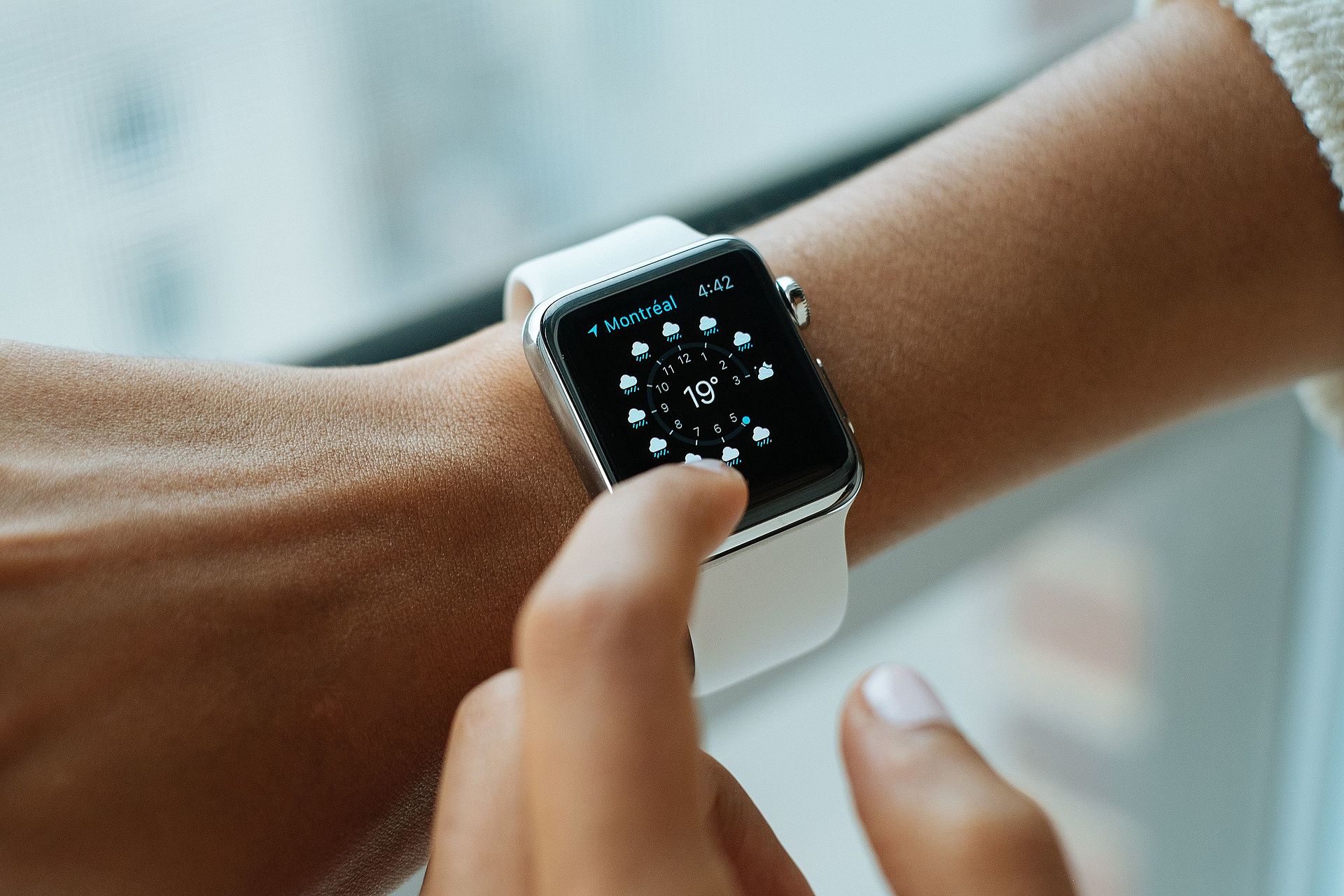 Apple 'has secret team working on diabetes management tech'
Apple 'has secret team working on diabetes management tech'News Sensors could monitor blood sugar unobtrusively
By Rene Millman
-
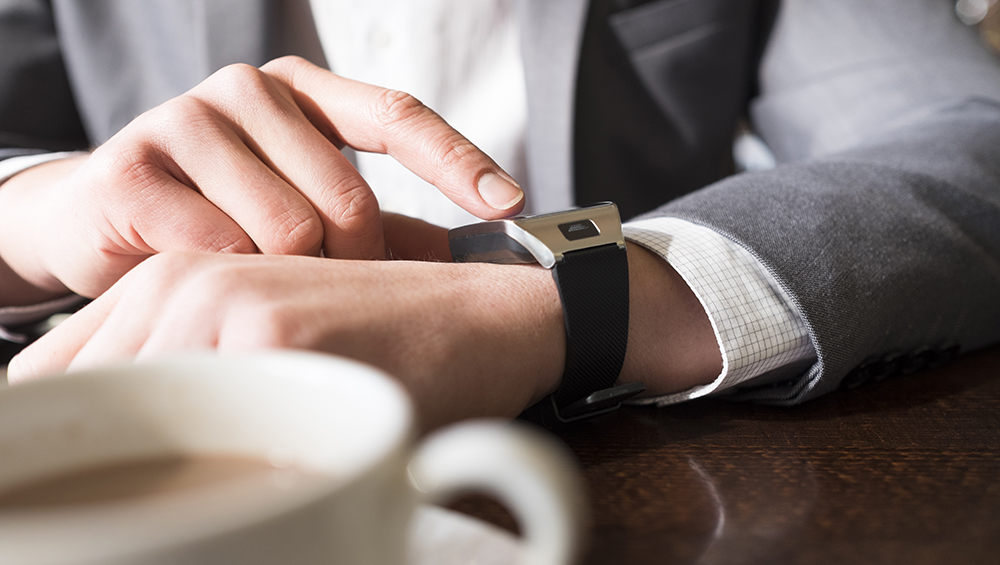 Chinese vendors storm worldwide wearables market
Chinese vendors storm worldwide wearables marketNews However, Fitbit and Apple lead the charge with its wrist-mounted devices
By Clare Hopping
-
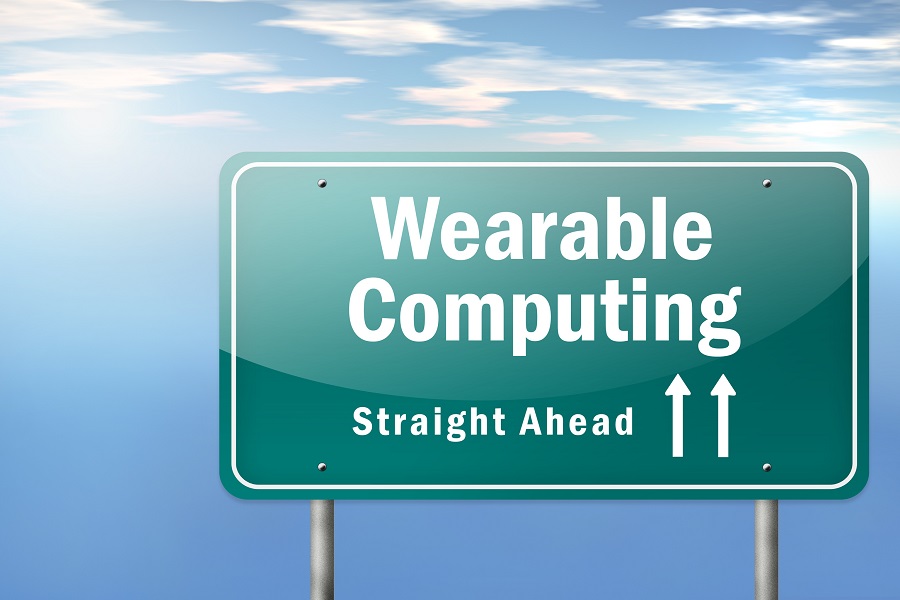 Apple Watch takes on FitBit in wearables chart
Apple Watch takes on FitBit in wearables chartNews The company is second only to fitness band maker FitBit, according to latest IDC figures
By Clare Hopping
-
 Google developing glucose-monitoring wearable for diabetes sufferers
Google developing glucose-monitoring wearable for diabetes sufferersNews Google previously partnered with Swiss pharmaceutical firm Novartis to develop smart contact lenses to be used by diabetes sufferers
By Caroline Preece
-
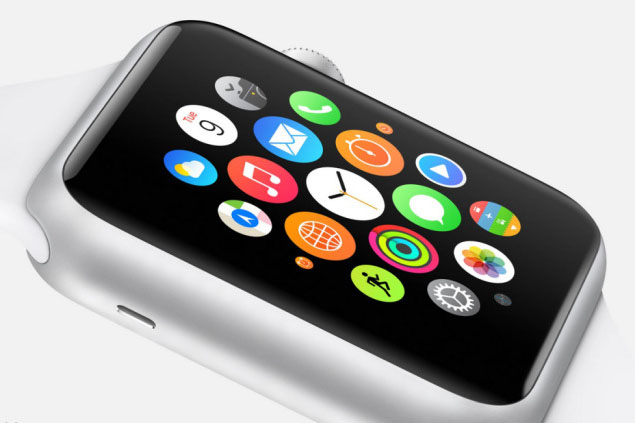 Apple Watch will be the birthplace of the killer app for business: Citrix CEO
Apple Watch will be the birthplace of the killer app for business: Citrix CEONews Simple developer platform will encourage greater experimentation, says Mark Templeton
By Jane McCallion
-
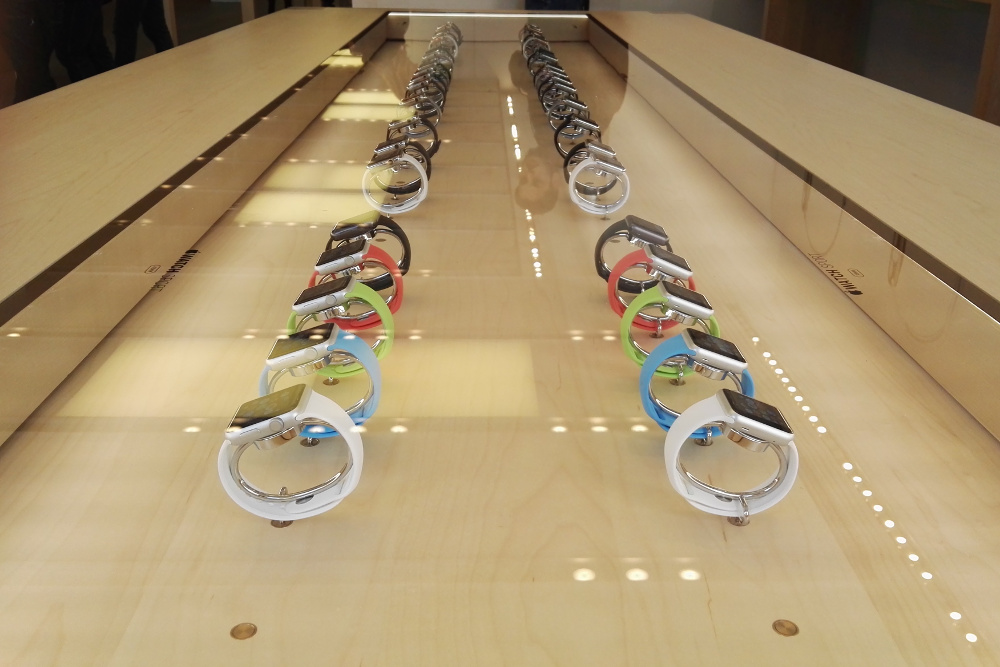 The Apple Watch experience - a buyer's perspective
The Apple Watch experience - a buyer's perspectiveOpinion We tried out the Apple Watch, so you don't have to...
By Adam Shepherd
-
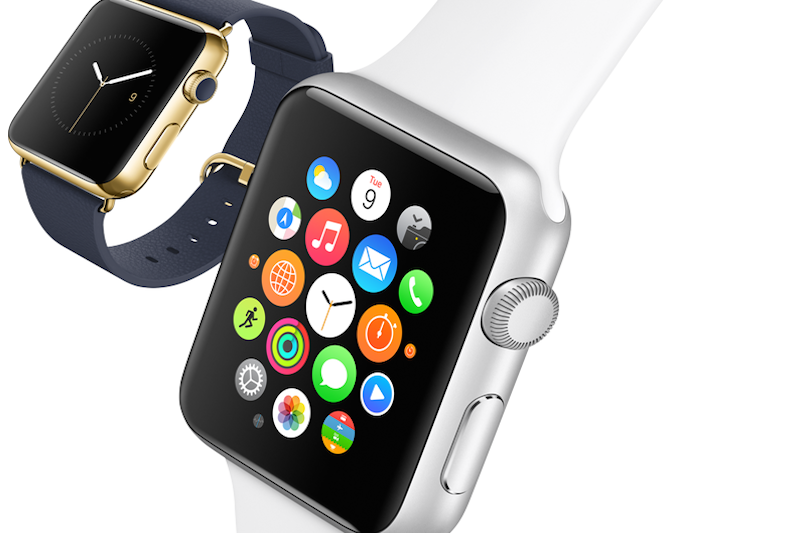 Apple Watch event live blog: Find out everything as it happens
Apple Watch event live blog: Find out everything as it happensLive blogs Join us from 5pm today for all the news and views from the Apple Watch event in San Francisco
By Maggie Holland
-
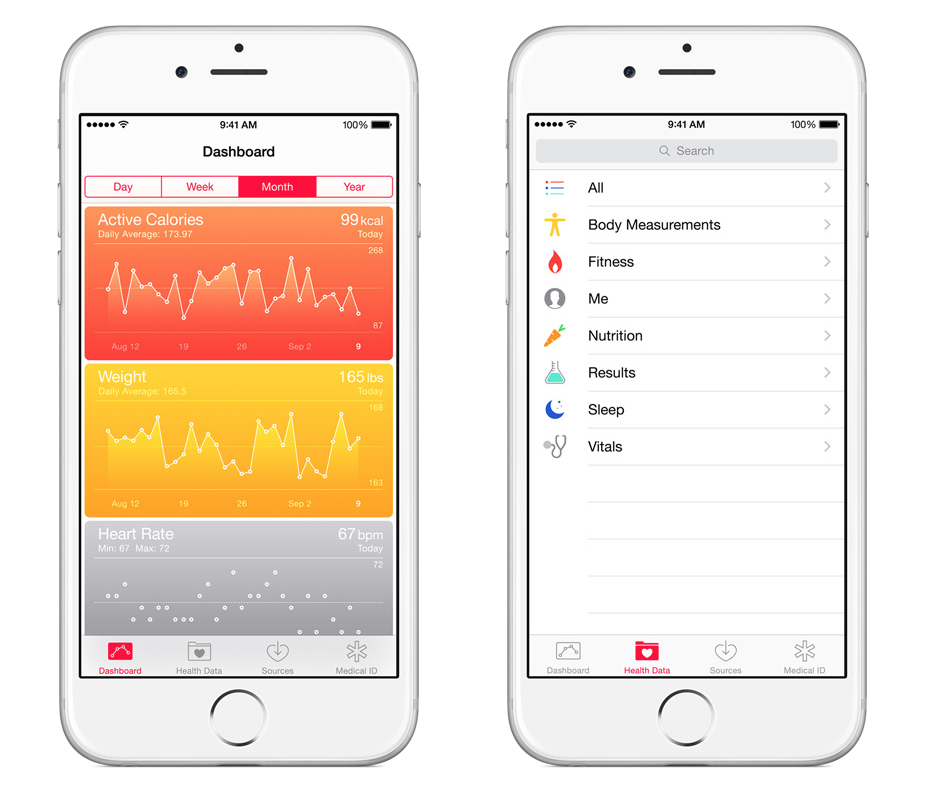 Apple HealthKit rolled out to hospitals
Apple HealthKit rolled out to hospitalsNews Hospitals in the US are starting to use Apple technology to help monitor patients’ health
By Caroline Preece